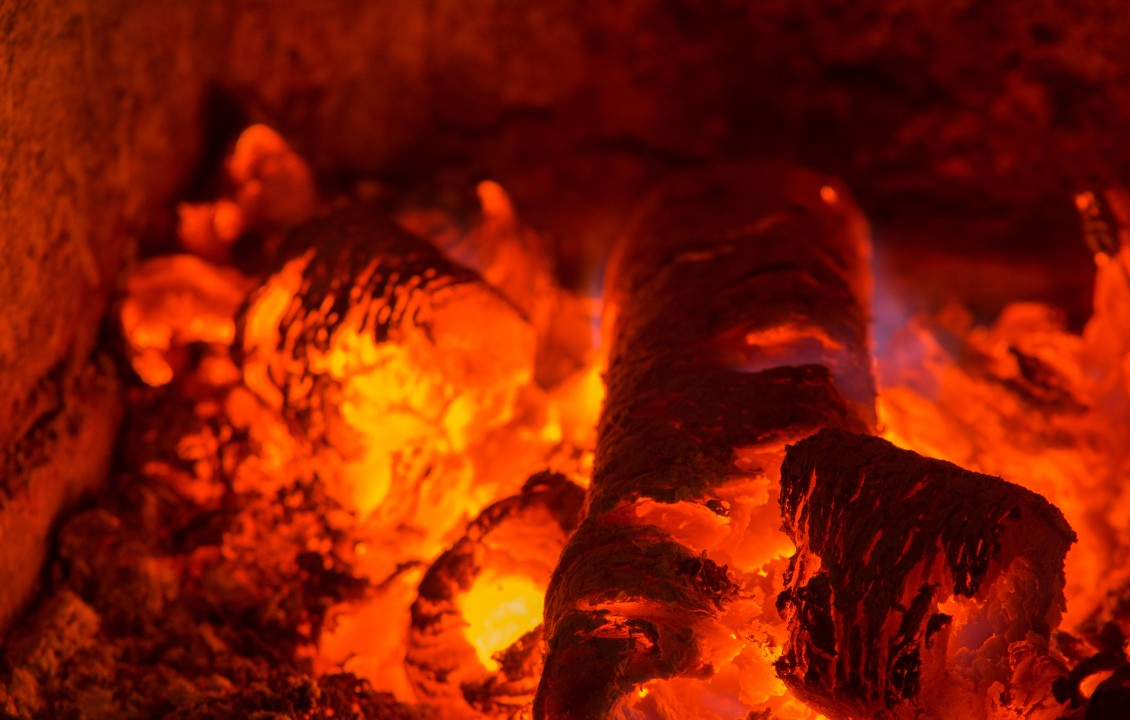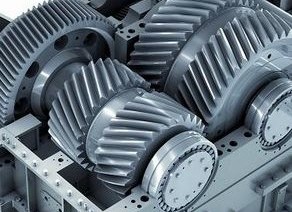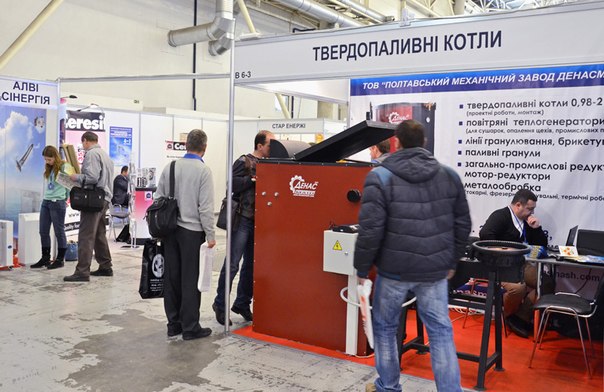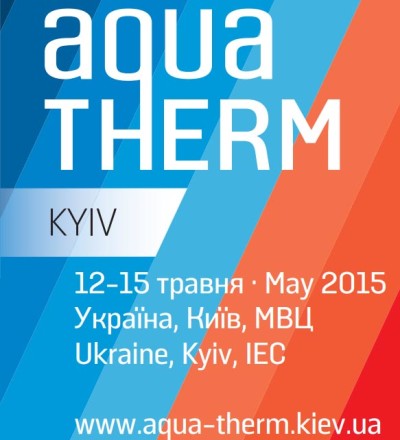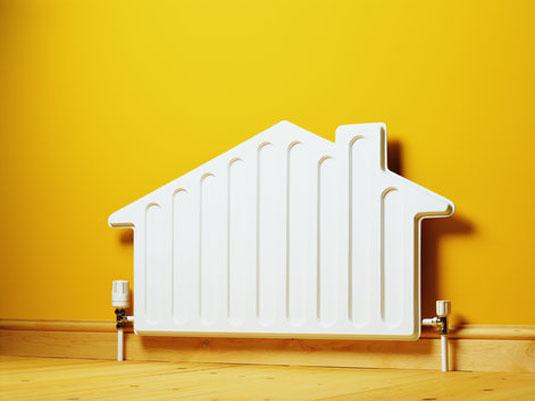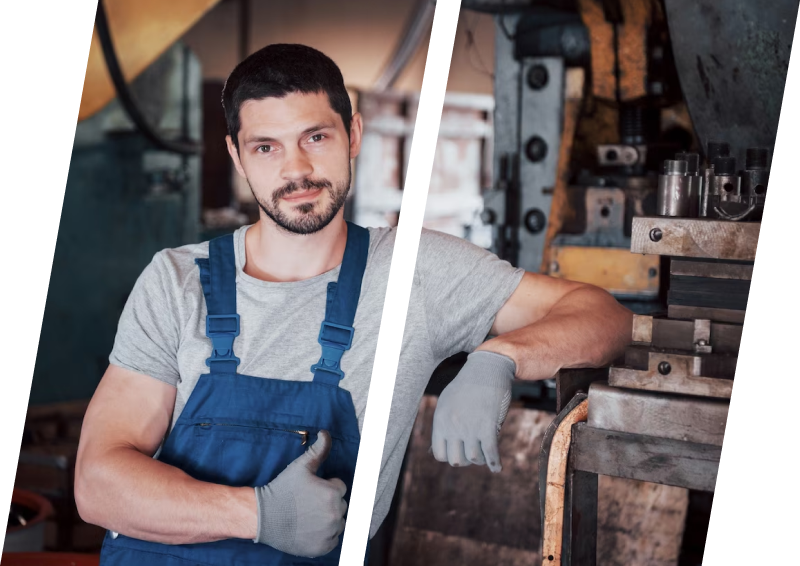Briquetting press for biofuel

Briquetting press for biofuel
In the conditions of modern life, biofuel is produced directly by processing waste wood, straw, husks of various cereals and seeds, as well as other natural components. The remaining part of the fuel market belongs to liquid fuels made from oils of animal and vegetable origin.
Liquid types of biofuel
The production of liquid biodiesel involves the use of special equipment, where the interaction reaction of natural materials with methyl alcohol is carried out. The procedure is stimulated by the use of alkaline or acid enzymes. The duration of the reaction is several minutes. The production process is simple, but it requires special technological equipment.
The method of creating fuel briquettes from solid raw materials
Biofuel of this type is a granular raw material that is widely used in the electric and thermal power industry to heat the coolant and produce electricity. Production of granules requires the use of equipment designed for the following technical processes:
- Preparation of material from wood for the production of biofuel, which grinds the elements to a size of 25 mm;
- The process of drying sawdust to 10% moisture in drum or belt type drying equipment;
- Additional grinding of the prepared material at the expense of vibrating mills, chipping machines;
- If the raw material has optimal moisture content and fractional composition, the crushing and drying process is not used;
- Auxiliary moistening of raw materials, which increases the density of pressing;
- Compression of material using a briquetting press.
The raw material should not have a moisture content of more than 12%, contain more than 5% rot, and the particle size should be less than 5 mm. The equipment creates fuel briquettes by raising the temperature of raw materials and gluing the particles with natural glue. The finished products are cooled, packed and packed. The cost of such fuel is calculated based on the type of material (sawdust, husks, straw), costs for technological processes and packaging.
Briquetting press PB-48
The equipment is designed for the production of fuel briquettes from sawdust, sunflower husks and other plant waste (cereal crops, straw, bean tops, etc.). Due to the presence of natural legine in the raw material, binding substances are not used in production. The PB-48 briquetting press compresses the briquettes with the help of strict molding in a cylindrical guide with a press inflow of material. The resulting pressure ensures the sintering of the raw material into a solid mass in the form of a continuous sleeve without the inclusion of binding elements in the composition. Pressing takes place in conditions of high temperature, so the briquettes become strong, their surface is melted.
Briquetting press PB-75
The main factors that distinguish the PB-75 briquetting press from the PB-48 equipment model include:
- Extreme simplification of the structure of nodes and parts that wear out quickly;
- Availability of spare parts and components;
- maximum automation of all technological processes;
- Simplicity and ease of repair and maintenance of the device;
- Maximum reduction in the number of parts that wear out quickly.
The design of the PB-75 press allows you to freely approach the repair and maintenance of the unit. In addition, all spare parts and components for both models of equipment are always available.

